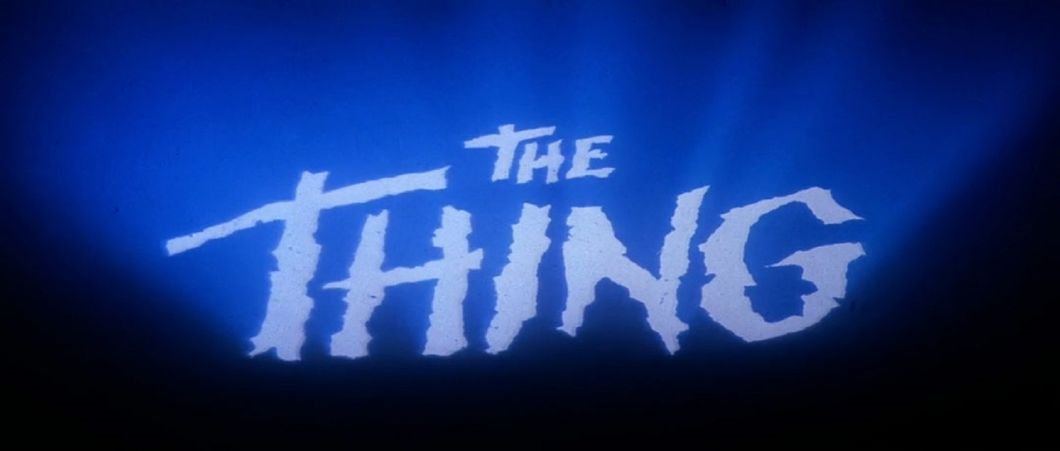In recent years, it's become pretty popular to bash on remakes. Many of them are seen as quick cash grabs that exploit people's nostalgia, and for the most part, this is exactly what they are. Many of the remakes that have come out recently have failed to live up to their predecessors despite their best efforts. But not all remakes are this way. In fact, there are actually a few that are actually genius. For some of them, you wouldn't even realize that they're remakes. They did such a good job at retelling the story that they've eclipsed the original films they're based on. So, without further ado, here are five films that you might not have realized are actually remakes.
1. The Thing
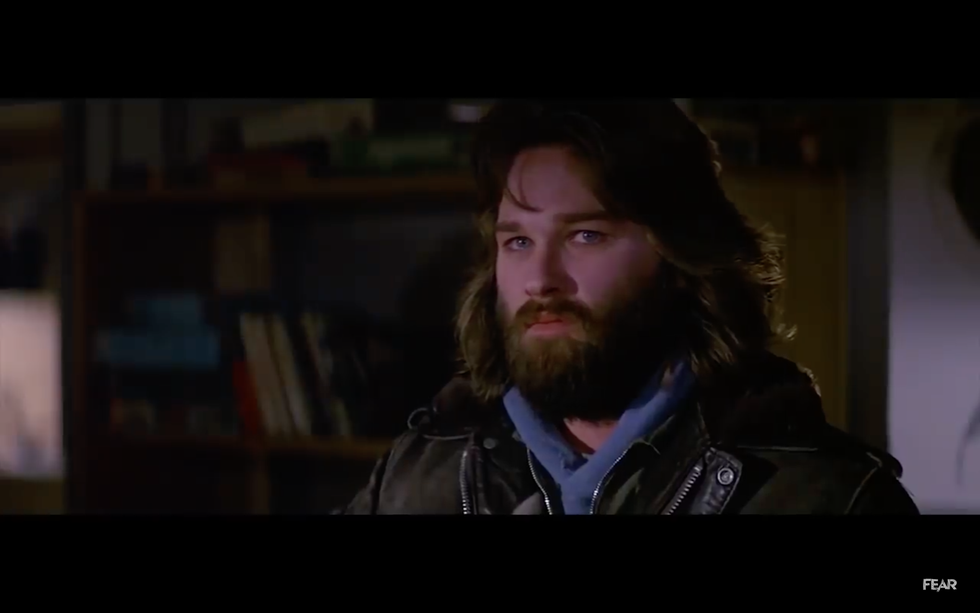
John Carpenter's horror film from 1982, "The Thing," has become a classic of the genre in the years after its release. It became so popular, in fact, that it received a remake/prequel in 2011. Despite most people believing that Carpenter's film is the original, it's actually a remake of a film from 1951 called "The Thing From Another World." Both films are based on the novella "Who Goes There?" from 1938, and follow the same premise of an arctic science expedition being attacked by an alien creature found frozen in the ice. Despite having the same premise and being based on the same story, the two films are wildly different. The 1951 version follows a plant-based creature that can regenerate from any part of itself, while Carpenter went with a cellular creature that can perfectly copy any living thing. Carpenter's version ends up feeling more like a different interpretation of the book instead of a direct remake of the original. Despite now being almost 70 years old, the original film has some truly great moments and is definitely worth a watch.
2. Ben Hur
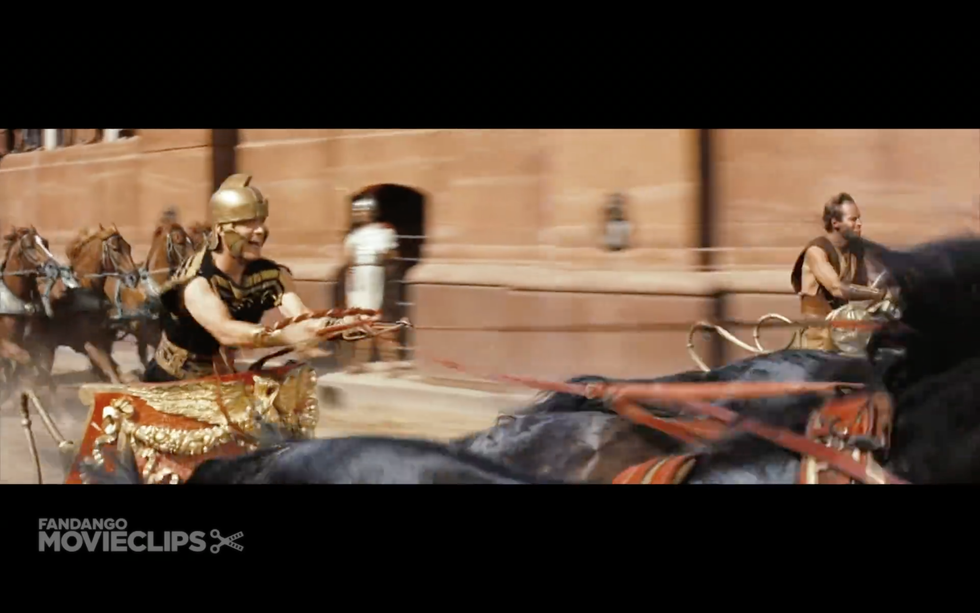
The epic film "Ben Hur" is one of Charlton Heston's greatest roles. Released in 1959, it received a remake of its own in 2016. But the story of the film actually goes all the way back to the silent era. The first incarnation of the movie was actually a silent film from 1925. Charlton Heston's version simply updated the film by adding sound and color, and was also filmed in widescreen. This is a perfect example of a remake done right. Movies are very much a product of their time, being filmed with whatever technology is available. Once this technology improves, filmmakers can go back to previous movies and update them for modern times. This allows the story to be told in a more impressive way. With the addition of color and sound, as well as a super wide aspect ration, the 1959 version of "Ben Hur" retells the classic story with an epic twist.
3. The Man Who Knew Too Much

Whenever a movie is remade, it's usually years after it was released and with a completely different director. This makes it extremely interesting when the director of the remake was also the director of the original, as was the case with Alfred Hitchcock's "The Man Who Knew Too Much." Originally releasing in England in 1934, Hitchcock remade the film in 1956 for Paramount Pictures. Both films follow the same premise, but have a very different plot and tone. It's an interesting way to answer the question of what a director would if given a second chance. Hitchcock was able to take a film that he already made, and tweak some things around to try it again. Both films are quite good and can easily hold their own, but it's a interesting way to see how a filmmaker would change their past work.
4. The Magnificent Seven
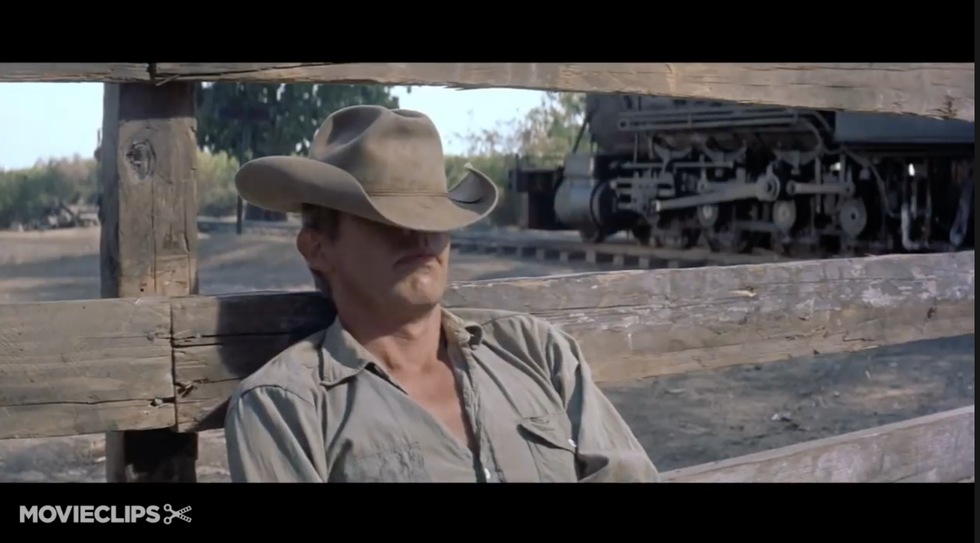
Released in 1960, "The Magnificent Seven" has become one of the greatest westerns in history. But it actually started out in Japan and had nothing to do with cowboys. In 1954, legendary Japanese director Akira Kurosawa released "Seven Samurai." The film followed a group of samurai who must protect a village from bandits. Repack the samurai with cowboys and put them in the Wild West instead of the Japanese countryside, and you've got yourself a western. "The Magnificent Seven" is simply an Americanization of its Japanese predecessor. It's a great showcase of how a film can be remade for a culturally different market. Kurosawa's film is one of the greatest in history, but American audiences will likely sympathize more with something that feels more familiar. It's a great look at how to honor the original film while adapting it to a new audience.
5. The Wizard of Oz
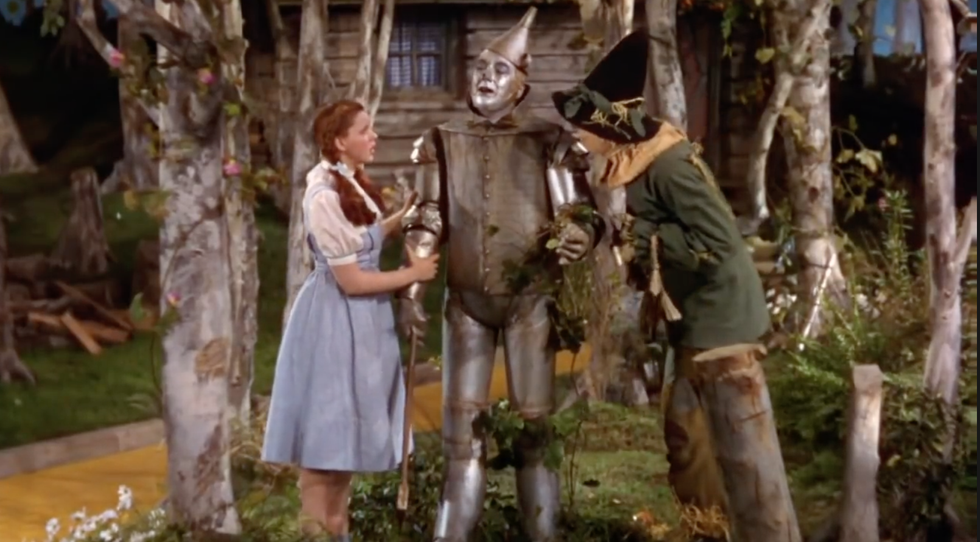
That's right. One of the most important and beloved movies of all time is actually a remake. "The Wizard of Oz" is in the same situation that "Ben Hur" is in. It's a technological updating of a silent film from the 1920s. The 1939 version of the film that we all know and love is one of the most influential movies of all time. It was one of the first uses of Technicolor in Hollywood, and has influenced pop culture up until today. It received a remake as "The Wiz" in 1978 and a prequel in the form of a Broadway musical as "Wicked." It's a remake that honored it's predecessor while still influencing the world today.

